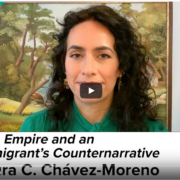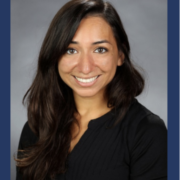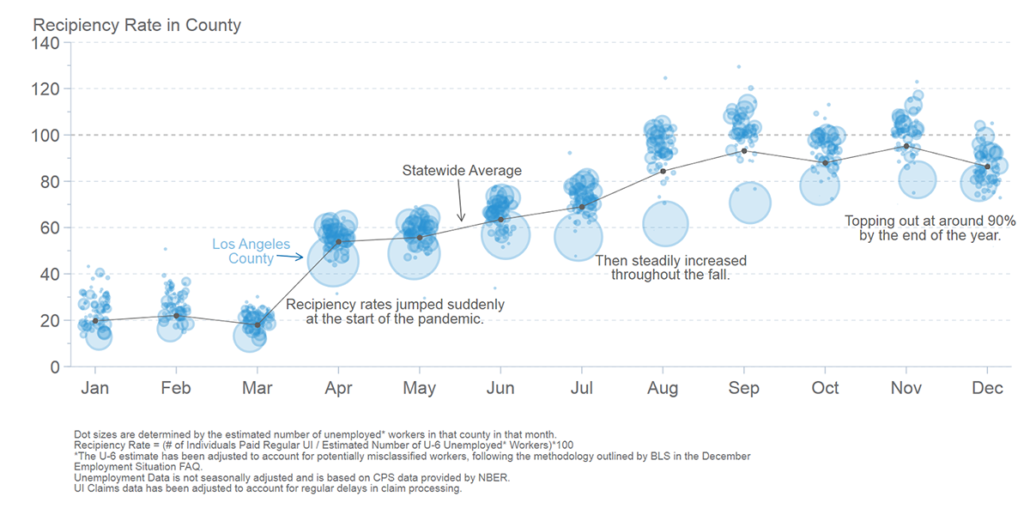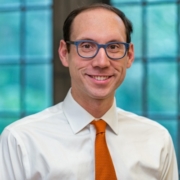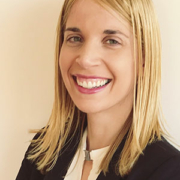

“The Micro-Level Determinants of White-Black Segregation: Beyond Spatial Assimilation and Place Stratification”
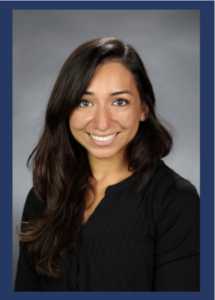
Presented by Amber Crowell
March 31st @ 1:00 pm ET, 10:00 am PT
Dr. Amber Crowell is Assistant Professor of Sociology at California State University, Fresno. Her research focuses on residential segregation, housing, and social inequality.
Abstract: In this study we undertake a quantitative analysis of the locational attainments of Black households in metropolitan areas of the United States using restricted-use microdata and new methods for segregation analysis. Using a superior reformulation of the separation index, a well-known measure of residential segregation, we disaggregate the index into individual locational outcomes and analyze the household-level characteristics that affect Black locational attainments and directly predict overall White-Black segregation in 25 of the largest metropolitan areas. The advantage of disaggregating the separation index is that we can not only micromodel segregation, but we can also perform regression standardization and decomposition analysis to test prevailing theoretical arguments on the microlevel determinants of segregation. We find that while some factors, such as education and income, affect Black locational attainments in ways that align with the spatial assimilation hypothesis, race group membership is a major primary contributor to overall levels of White-Black segregation, which lends support to the place stratification framework. Additionally, we find that contrary to traditional assimilation theory, U.S.-born Black householders experience more segregation from White householders than foreign-born Black householders. We argue that this finding could potentially be understood through segmented assimilation theory, which posits that there are multiple assimilation trajectories in a racially stratified society. For Black households, spatial assimilation can mean increased residential separation from White households.
The details about this lecture are listed below:
Login Details
Webinar link:
https://uscensus.webex.com/uscensus/onstage/g.phpMTID=ef6d2c40cd3604e4a2a008d021d95ea72
For Phone Audio
Dial-in number: 1-800-779-0641
Participant passcode: 5574602 #
For Computer Audio
For 1-way listen only computer audio, please click Audio Broadcast button in WebEx. If it does not connect, please use the telephone audio above.
Event number: 199 061 5244
Event password, if requested: #Census1
*This password may be required when using certain mobile devices.
The UCLA Census Research Data Center is part of a growing network of Federal Statistical Research Data Center data centers across the United States that is hosting data from an increasing number of U.S. and state government agencies. To help build a network of users and inform potential users of ongoing research and new data developments, the new seminar series will bring together users and interested researchers from across the U.S.

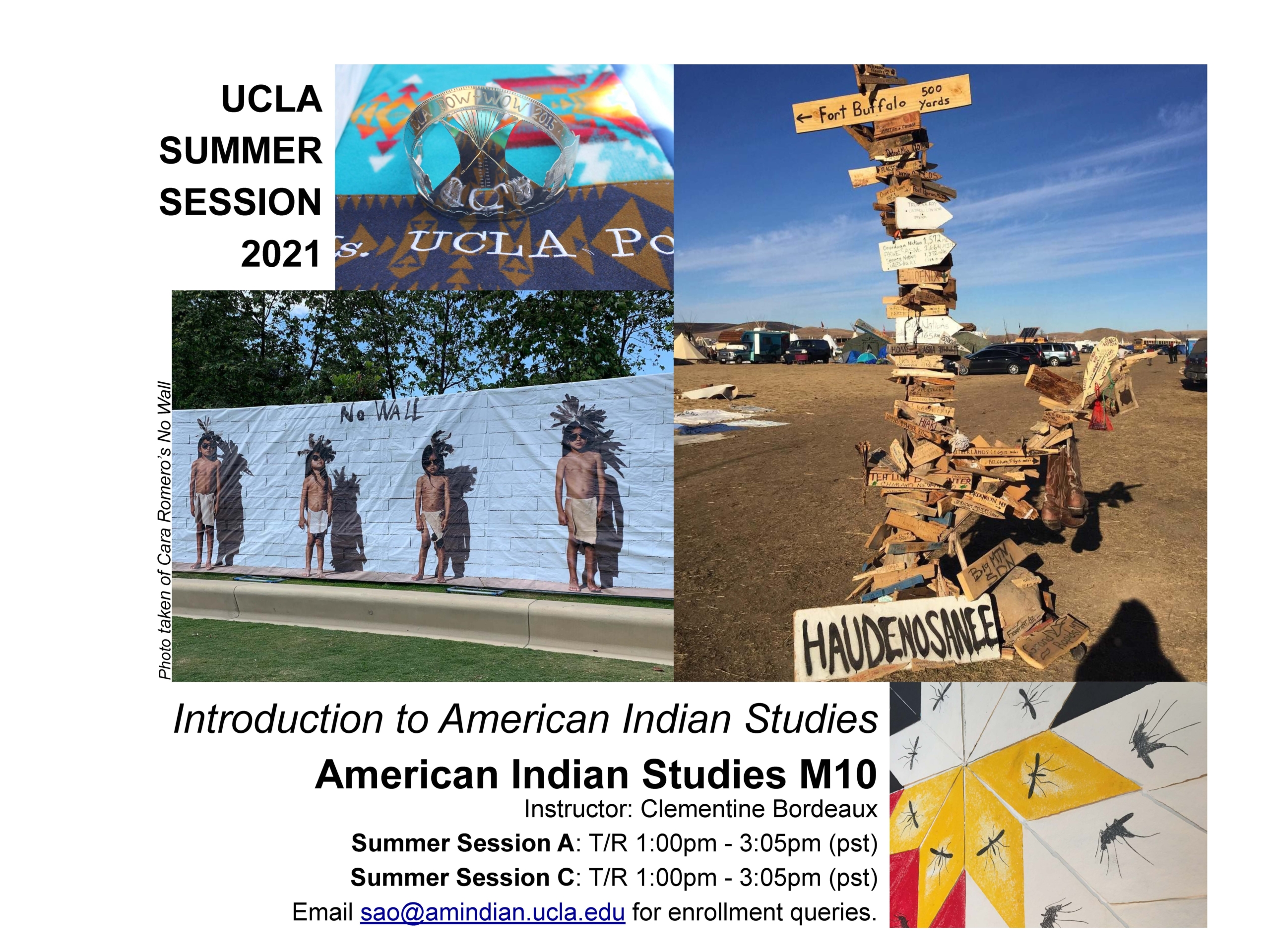

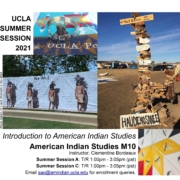

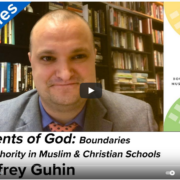
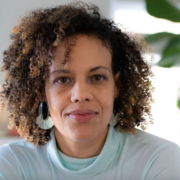
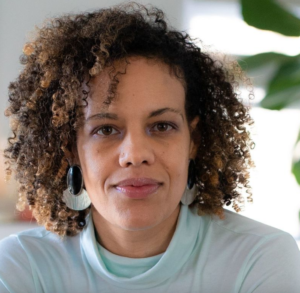

 Check out Dr. Michael Suman’s UCLA ONLINE summer course,
Check out Dr. Michael Suman’s UCLA ONLINE summer course, 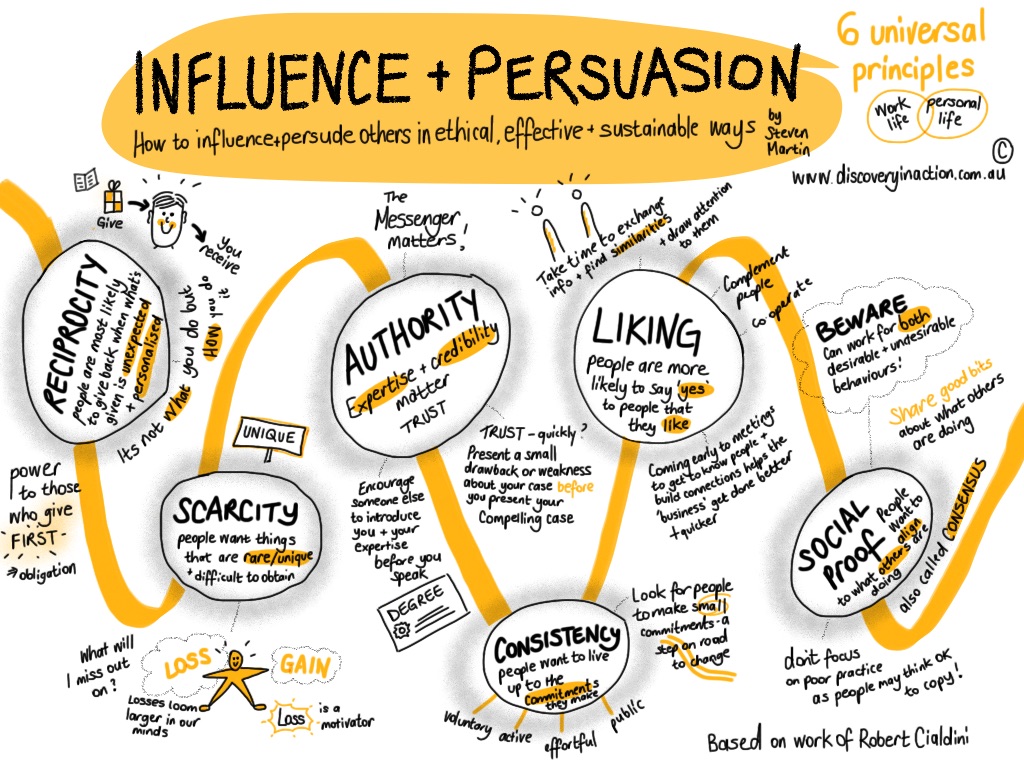 Check out Dr. Michael Suman’s UCLA ONLINE summer course,
Check out Dr. Michael Suman’s UCLA ONLINE summer course, 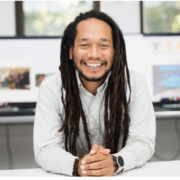
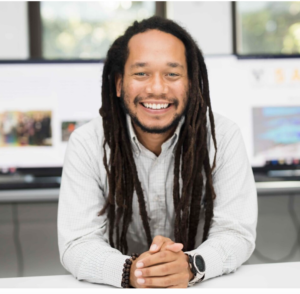 Dr.
Dr. 